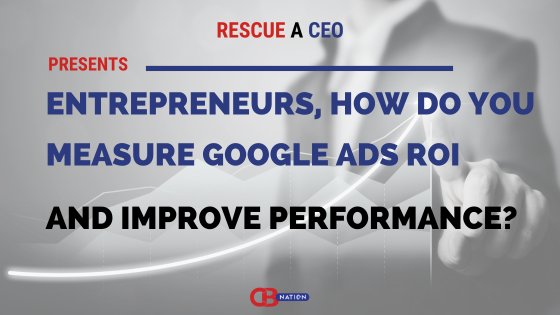A note to readers: My passion for brands is just that, admiration – even awe – for companies that maintain a mystique about their respective businesses.
Indeed, so great is the power of some brands that they inspire their own rites of initiation, consumer conclaves, secret menus (particularly among a West Coast burger joint, which now extends to Arizona, Texas and Nevada), and so many other Masonic-like handshakes and private meetings.
No amount of advertising or PR can create these effects in a whirlwind of so-called buzz, as if all the necessary forces of individual loyalty, corporate integrity, word of mouth marketing and brand awareness were to conjoin in a tornado that would erase the one factor that no company accelerate or control: Time.
That is, it takes time to build a brand of lasting value. So, before you indulge the (natural) temptation to find some revolutionary way to bypass the discipline and patience necessary to sustain a business – before your discount the one thing you can never recover – think again about the risks of succumbing to deal-of-the-day websites that appear to deliver waves of new customers, only to subsume your brand in a much different storm of permanent destruction.
I refer, specifically, to sites like Groupon and LivingSocial, which do not concern themselves with long-term value.
Full disclosure: I have no personal malice towards these sites; I am a critic of their faults, yes, but I have no vendetta against them.
Rather, I am a fair critic of the concept behind these two companies, as well as their various imitators, because I know that if a business squanders its reputation for the allure of volume – if quantity trumps quality – then, ultimately, that brand will lose its customers and cease to exist, period.
I also know, as the Founder of The SpareCash application for Android and iOS, what the most powerful motivator of consumer behavior is: Money.
For, money can transform marketing into an adventure; it is the means by which a business may position caches (of digital cash) for customers to find using their smartphones. In a word, this new science, which a company can watch and adjust in real-time, is . . . fun.
Now, compare that scenario with the false allure of heavily discounting your services, in an attempt to draw more business with some half-off promotion.
There are two problems with this strategy.
One, for newly opened businesses – from nail salons and beauty parlors to restaurants and pet groomers – offering substantially reduced rates as a way to gain customers lacks any appreciation (by prospective patrons) of the value of the services a merchant provides.
How, for example, would consumers know that this salon or restaurant is worth it, that the highlighted deal is of genuine quality, when those same people have yet to experience – and respect – what that business offers?
And secondly, why would an established luxury brand lessen its earned reputation for excellence by reducing itself to the status of yet another ordinary vendor in some digital bazaar? Or, why would a bargain basement business further narrow its already thin margins by discounting its own already heavily discounted merchandise?
Let's Not Make a Deal: The Lesson of Successful Branding
The message to entrepreneurs and executives is clear: Do not dilute your brand for a one-time-only, should you be so lucky, line of eager consumers; the throng snaking its way around the corner, with each person waving a coupon or voucher saying, “I want my deal!”
Instead, build your brand – methodically and scientifically.
Build it with an unmistakable identity, and broadcast its intentions with unambiguous clarity.
Build it – now!
—
Dale Scott Marion is an entrepreneur, and the recipient of various design and technology development awards. His latest venture, SpareCash, introduces new forms of marketing and advertising for a diverse array of businesses, from startups to Fortune 500 corporations worldwide.


















































 |
|